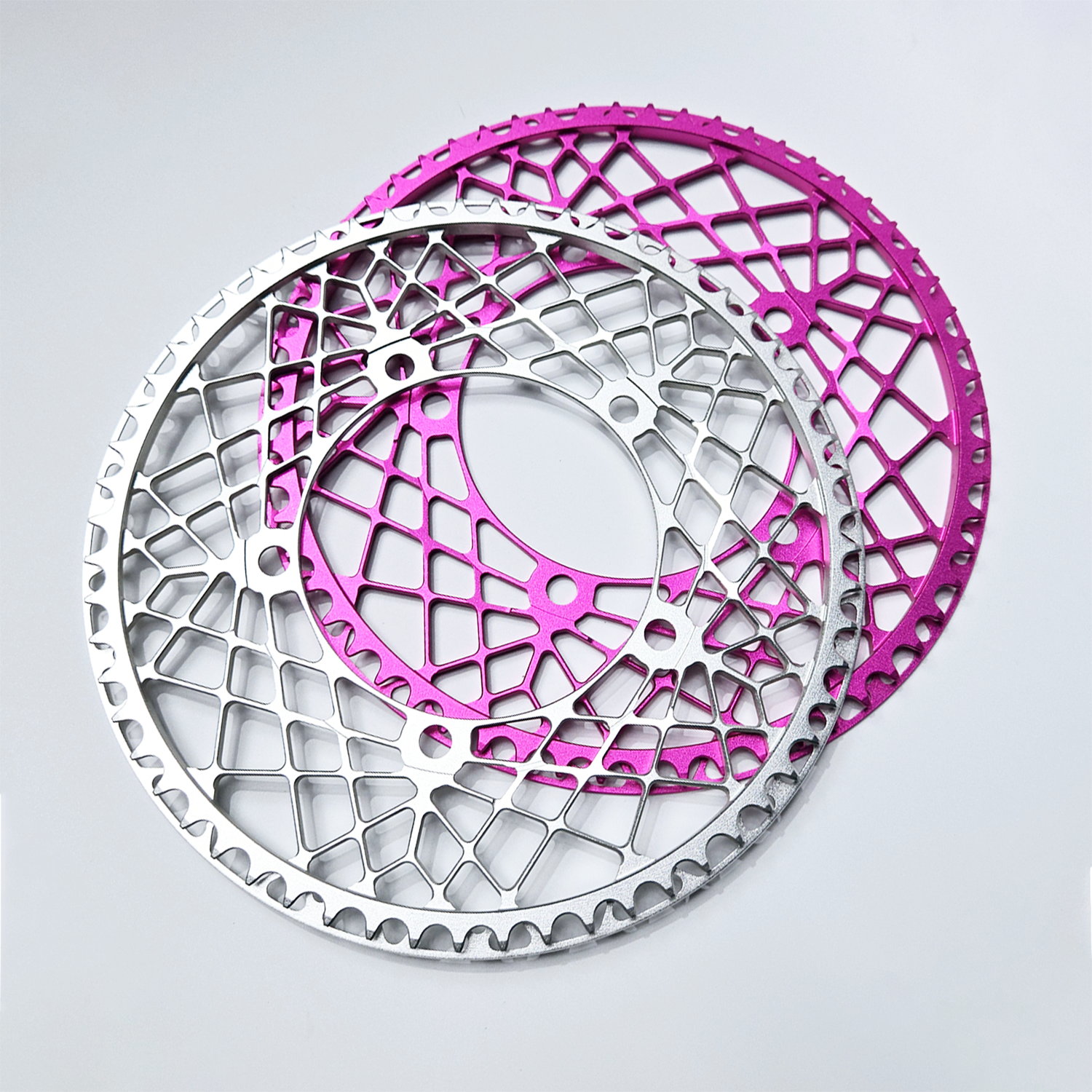Common Applications of CNC Machined Plastic in Electronic and Medical Industries
Medical Device Manufacturing with CNC Machined Plastics

Biocompatible Materials: PEEK, Delrin®, and Medical-Grade Polymers
In CNC machining shops, they work with some serious high performance plastics like PEEK, which stands for polyether ether ketone, along with Delrin® acetal homopolymer and various grades of medical nylon. These special materials are what manufacturers need when creating parts that actually pass those strict FDA tests for being safe inside the body. The good news is these polymers stand up well against all sorts of bodily fluids, cause fewer allergic responses compared to metals, and can handle getting sterilized over and over again without breaking down. Take PEEK for instance it has this impressive tensile strength rating around 17,000 psi, while Delrin® slides smoothly with minimal friction. That combination makes both materials perfect choices for things like artificial joints where durability matters most, plus they're commonly found in modern drug delivery devices too.
CNC Machining for Surgical Instruments and Implants
The precision needed for surgical tools such as bone saws, forceps, and components of endoscopes has to be extremely tight, often better than plus or minus 0.001 inches to work properly. Computer numerical control tech makes it possible to create those intricate titanium spinal implants we see these days. These implants have special porous surfaces that actually encourage new bone growth while lowering chances of rejection from the body. Some research published last year showed pretty impressive results too. The study indicated that when doctors used orthopedic implants made through CNC machining instead of traditional casting methods, patients experienced about 22% fewer complications after surgery. Makes sense why so many hospitals are switching over to this approach now.
Customization and Precision in Patient-Specific Prosthetics
With CNC machining technology, doctors can create custom prosthetics based on actual 3D scans of patients' anatomy. For cranial implants specifically, when made from this special plastic called PEEK, they reach an impressive accuracy level around 50 microns. That means these implants really match up with the shape of bones and help prevent infections that might come from spaces between implant and skull. The latest developments even let manufacturers produce polymer prosthetic sockets right there on the same day as surgery. According to research from Ponemon Institute back in 2023, about one third of amputees complain about how their prosthetics don't fit properly. Customization through these methods actually reduces recovery periods by nearly 20% and cuts down those frustrating repeat surgeries by almost 40%. Pretty remarkable stuff when you think about it.
Diagnostic and Imaging Equipment Components
Role of CNC-Machined Plastics in MRI and CT Scanner Housings
The plastic parts made through CNC machining play a vital role in MRI and CT scanner casings since these machines need materials that don't conduct electricity, stay light, yet hold up over time. Materials such as PEEK and POM, which stands for polyoxymethylene, offer protection against electromagnetic interference without messing up the delicate imaging equipment inside. These polymers meet all the necessary requirements set forth by the FDA and ISO 13485 regarding how they burn and interact with biological tissues, making them safe for multiple rounds of sterilization. According to an industry report from 2023 on medical devices, manufacturers noticed about a 60% drop in flaws when using CNC machining instead of traditional injection molding methods for those complicated housing designs, particularly helpful when producing smaller batches of scanners.
Meeting Tight Tolerances in Electronic Medical Devices
The CNC machining process can hit those tight ±0.005 mm tolerances needed for stuff like electronic medical devices including wireless health monitors and portable ultrasound machines. Many manufacturers turn to Delrin® material for infusion pump connectors because it stays stable even when temperatures fluctuate and doesn't break down when exposed to various fluids. A recent paper published in the Journal of Medical Device Innovation found that replacing stamped metal parts with CNC machined nylon components actually boosted signal accuracy in ECG electrodes by around 34%. Getting this kind of precision isn't just good practice it's essential for meeting IEC 60601-1 safety regulations. Plus, these tight tolerances allow for smaller designs which matters a lot for things like wearable glucose monitoring systems and other telemedicine equipment where space really counts.
Electronic Housings and Enclosures Using CNC Machined Plastic
High-Tolerance CNC Machining for Miniaturized Electronics
When it comes to miniaturized electronics, the enclosures need to be super precise and structurally sound. CNC machined plastics can achieve those tight ±0.005 mm tolerances required for things like micro-sensor casings or wearable device housings, which makes them fit together nicely with PCB arrays without any issues. According to some industry data from 2023, around 92% of manufacturers have started leaning towards CNC machining for their prototypes because they can go through design changes much quicker than traditional injection molding methods allow. And there's another benefit too the process cuts down on those annoying post-processing steps by about 40%, which really helps cut costs when producing small batches of different products at once.
Material Selection for Thermal and Electrical Insulation
Material choice directly affects reliability in electronic enclosures:
- PEEK offers UL 94 V-0 flame resistance and can operate continuously at 250°C.
- Polycarbonate blends provide 600 V/mm dielectric strength, suitable for high-voltage connectors.
- POM (Polyoxymethylene) reduces electromagnetic interference by 15 dB compared to ABS.
These materials meet IEC 60601-1 requirements for medical-grade insulation, as confirmed in a 2024 material analysis.
Case Study: CNC-Machined POM in PCB Connectors and Insulators
A leading automotive electronics supplier achieved 99.8% connector reliability using CNC-machined POM insulators. With only a 0.5% moisture absorption rate, POM prevents short circuits in humid environments. Its 10 GPa stiffness minimizes signal distortion, and post-machining EDMR testing showed a 30% reduction in arcing incidents compared to molded nylon parts.
Material Comparison: POM, PEEK, and Delrin® in Medical and Electronics Applications
Machinability and Performance of POM Plastic in High-Precision Parts
POM works really well when tight tolerances matter, around ±0.005 mm precision, plus it has naturally low friction properties. The material's uniform makeup creates those smooth mirror-like finishes needed for small parts like mini connectors or tiny valves used in medical equipment. Regular plastics tend to absorb moisture and warp over time, but POM stays dimensionally stable even when exposed to humidity. This means no unwanted shape changes that would wear down gears or cause problems in moving parts. From a manufacturing standpoint, POM makes sense too. It cuts down on tool changes by about 30% compared to glass filled alternatives. And despite being easier to work with, it still packs a punch with 70 MPa tensile strength, making it suitable for structural components where durability counts.
Thermal and Mechanical Strength of PEEK in Demanding Environments
PEEK can handle temperatures as high as 250 degrees Celsius and stands up pretty well against harsh chemicals too, which makes it better than Delrin and POM when used in MRI parts that get sterilized all the time. The material has a flexural strength ranging from about 90 to 100 MPa, something that puts it on par with aerospace aluminum but at roughly 45 percent lighter weight. This characteristic makes PEEK especially good for making radiation resistant housing in those tiny glucose monitor implants people put inside their bodies. When researchers ran stress tests that simulated around ten years worth of wear and tear on orthopedic implants, they found that PEEK machined using CNC methods kept about 98% of its original compressive strength after all that testing. For comparison, titanium hybrids only managed to hold onto about 82%. These findings were published in Biomaterials Research back in 2023.
Cost vs. Performance: Evaluating High-Performance Polymers
| Property | POM | Delrin® | PEEK |
|---|---|---|---|
| Cost per kg | $7-10 | $12-15 | $200-300 |
| Max Operating Temp | 90°C | 80°C | 250°C |
| Biocompatibility | Limited | ISO 10993 | ISO 10993 |
| CNC Cycle Time Savings | 15% vs. metals | 10% vs. metals | 25% vs. metals |
PEEK might set manufacturers back around 20 times what POM would cost, but when we're talking about spinal implants, nobody wants to cut corners. The material needs to last decades without failing, and it has to meet those strict FDA standards too. After all, if something goes wrong down there, medical professionals face some serious legal headaches, with malpractice claims typically running around $740,000 according to Ponemon's research from last year. That's why hospitals still go with PEEK despite the price tag. On the other hand, for things like enclosures that don't need sterilization, Delrin® makes much more sense. It checks off the safety box with its V0 flammability rating while costing roughly 40 percent less than PEEK. Makes sense really - spend the extra bucks where lives are on the line, save money elsewhere without compromising too much on quality.


